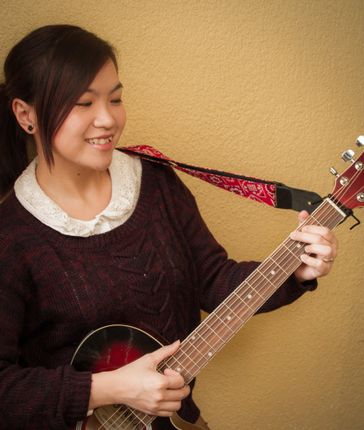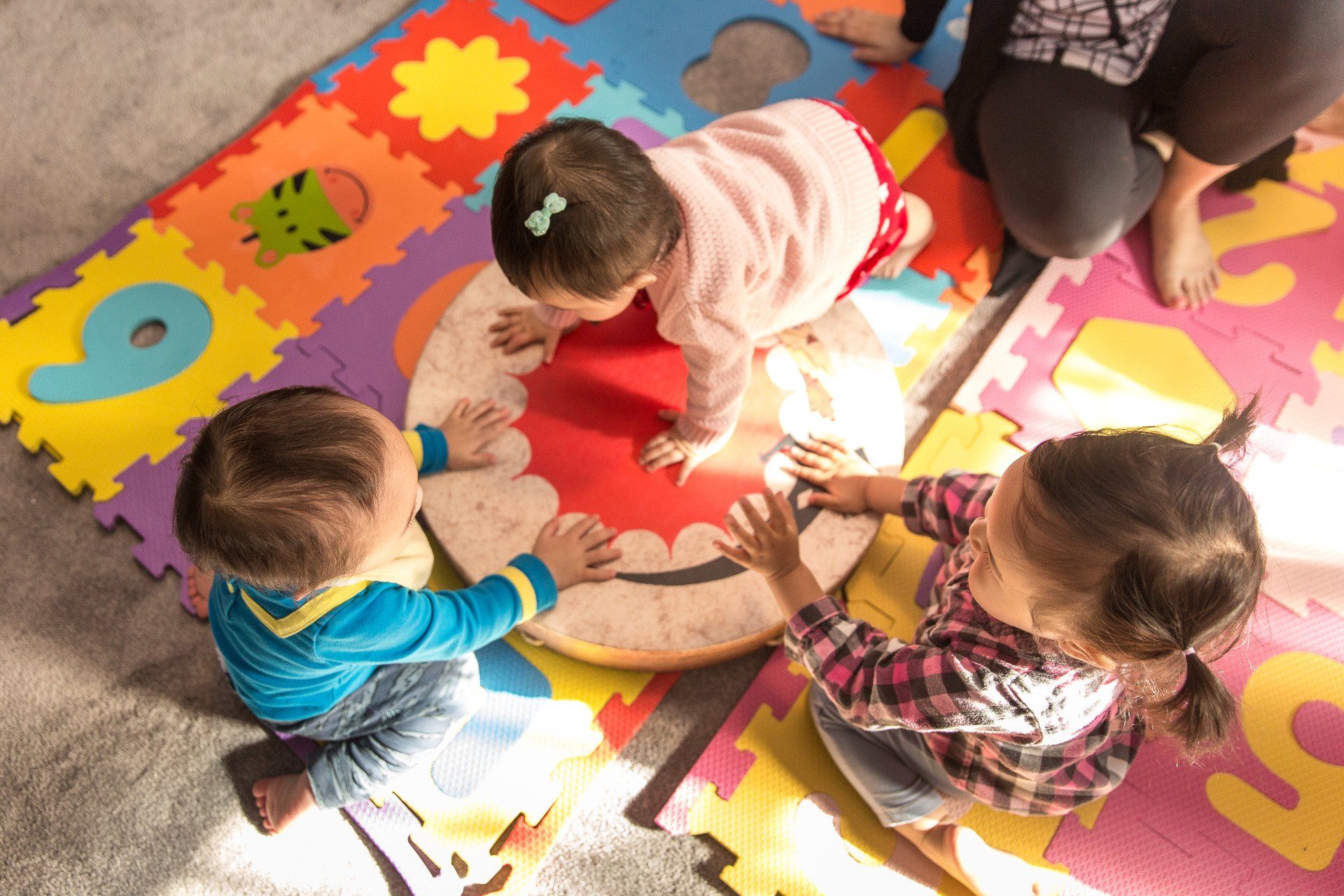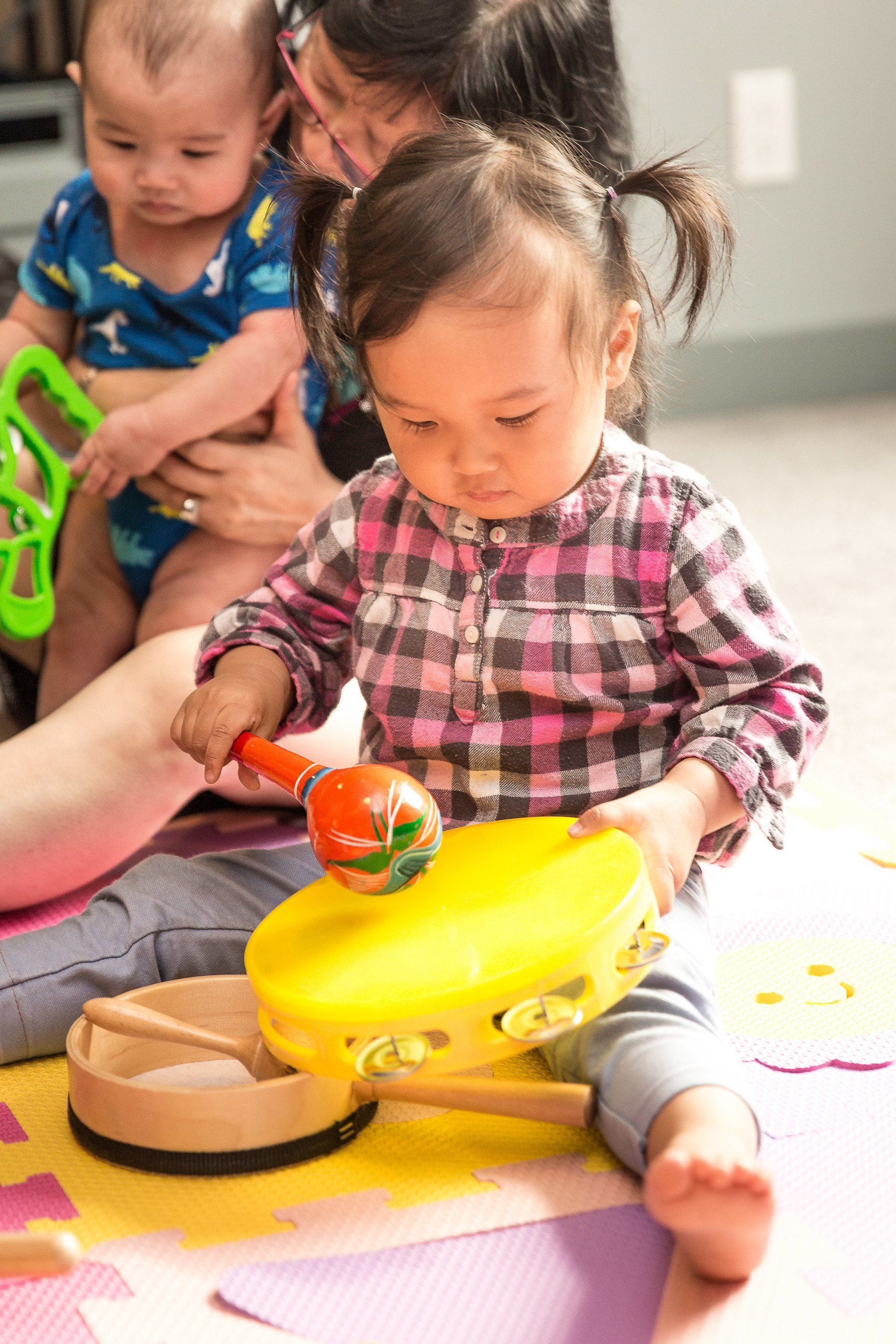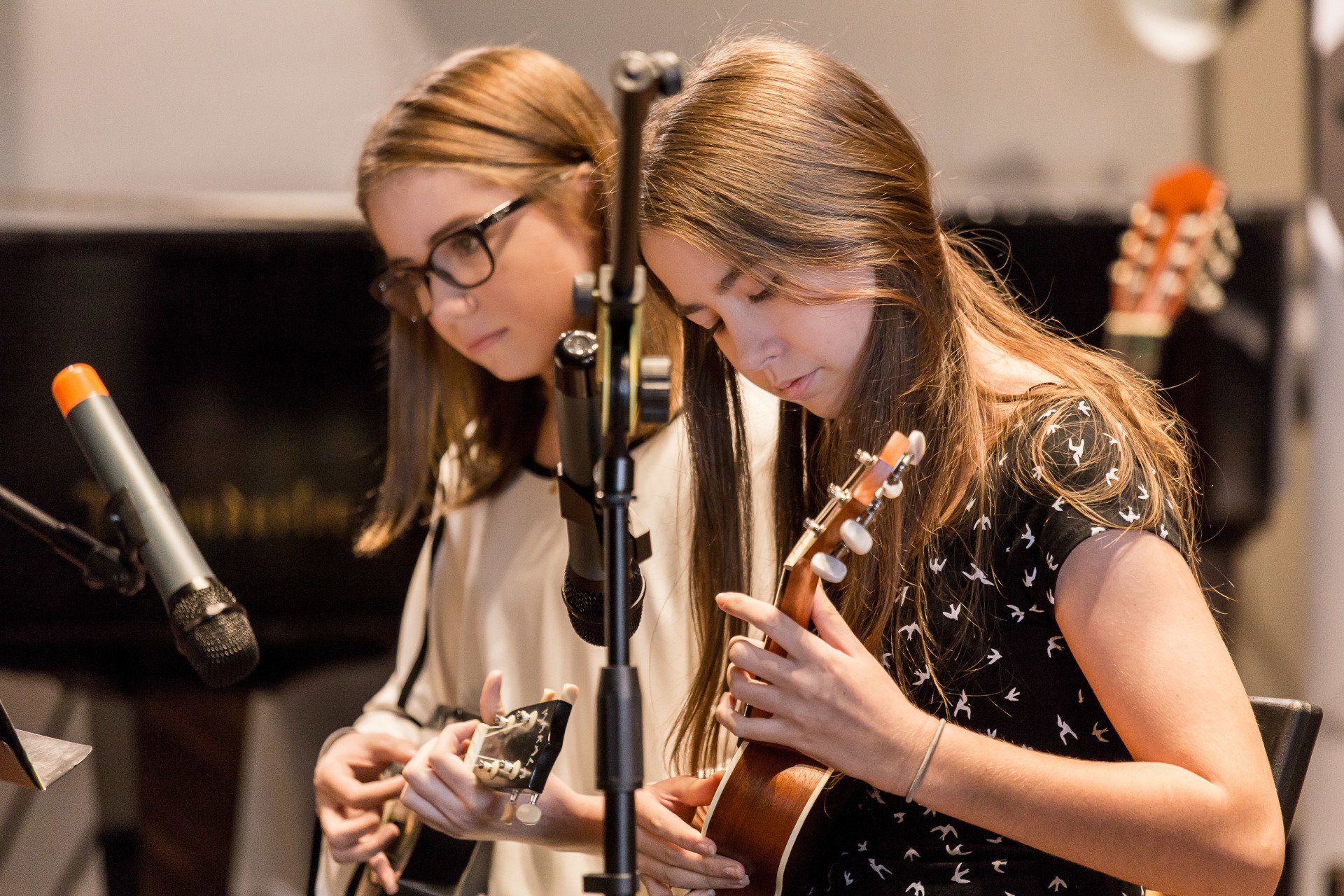AboutPentatonic
pen·ta·ton·ic - adjective/ˌpen(t)əˈtänik/
a group of five tones used to create music.
Pentatonic is playful. Expressive. Relaxed. Creative.
We believe that music is an important and meaningful necessity in our lives. We know that music, being common to all cultures, enables people to feel a sense of belonging, have identity and creatively express themselves.
Our Mission
Our mission is to help our clients and students regain balance and control of their health through musical therapy. Our classes are designed to help clients enjoy and express their freedom and creativity through music.

About Vicky Ngai
Vicky is a music therapist and music teacher from Hong Kong. She speaks fluent Cantonese, Mandarin, and English. Vicky graduated from University of Queensland in Australia, and received her first degree in 2010, Bachelor of Arts (Major in Music Education). In 2015, Vicky completed her Music Therapy internship and graduated from Capilano University in Vancouver B.C.
Vicky is passionate about Music Therapy and helping other regain balance in their lives through music. She firmly believes that music is not only for entertainment but also for healing our souls. Vicky has been using her music therapy expertise to work with clients that includes children with special needs, seniors, and adults with mental health issues.
" What is Music Therapy? "
Music has been used as a medium for many different purposes around the world. Pentatonic Music believe that music therapy can effectively heal our bodies and souls. The rhythm, tone, order and predictability in music can be used to excite or relax you, we use this principle to address physical, psychological, social, medical issues in a culturally sensitive way. Music therapy also provides an outlet for those who have difficulty communicating or expressing themselves in conventional ways.
THE THERAPIST
A music therapist’s goal is to build a relationship with their clients and help them face different challenges in life. We believe that music therapy can be used to help people connect and develop relationships, and thus bringing back balance and control to their lives.
THE PATIENT
Clients and students are encouraged to explore and improve in their music by learning the pentatonic scales. When using the pentatonic scale, music will always sound beautiful, so students can learn to play without limitations.
"Almost all children respond to music. Music is an open-sesame, and if you can use it carefully and appropriately, you can reach into that child's potential for development."
– Dr. Clive Robbins, Nordoff-Robbins Music Therapy Clinic
We believe in the power of music to be a transformative agent for many different types of people, including children with development illness, adults with mental illnesses, and seniors with dementia.
For CHILDREN with special needs:
Helps increase attention span, develop fine motor skills and improve social skills.
For
ADULTS with mental illness:
Helps patients with depression and/or anxiety relax by using breathing exercises and soothing music.
For SENIORS
in long-term care:
Helps elderly patients maintain physical health, alertness and to express feelings through music improvisation.
For ADULTS
with drug addiction:
Help strengthen the patient’s inner self, sense of identity and develop coping skills by song writing.
Music therapy sessions include the therapist’s observation, assessments, customized interventions, and evaluation.



